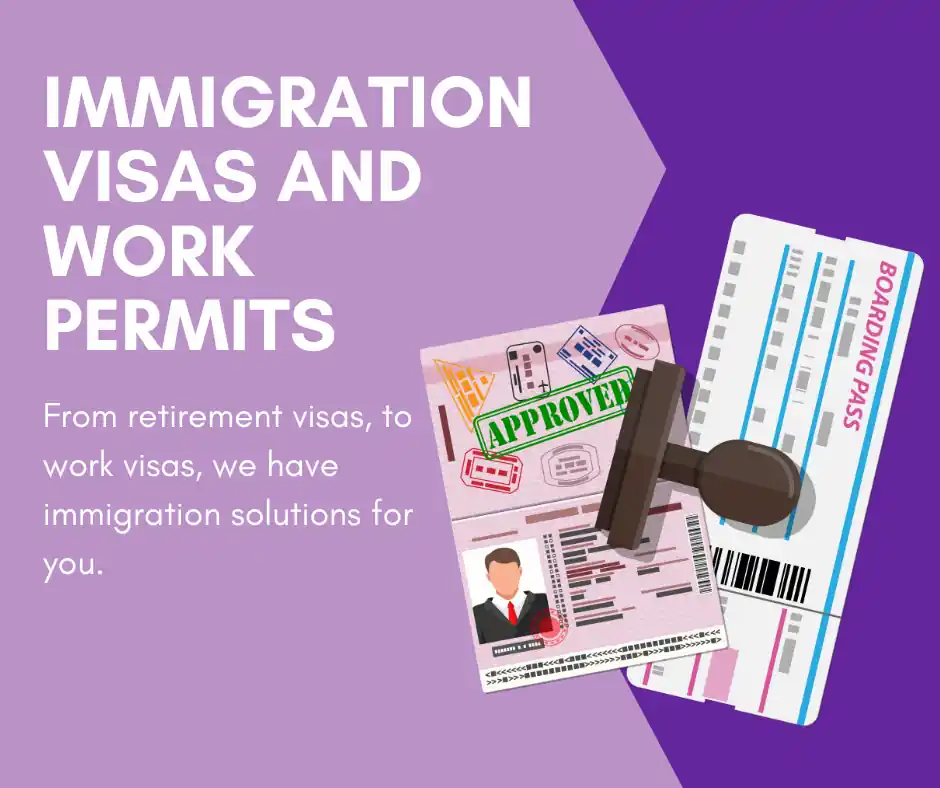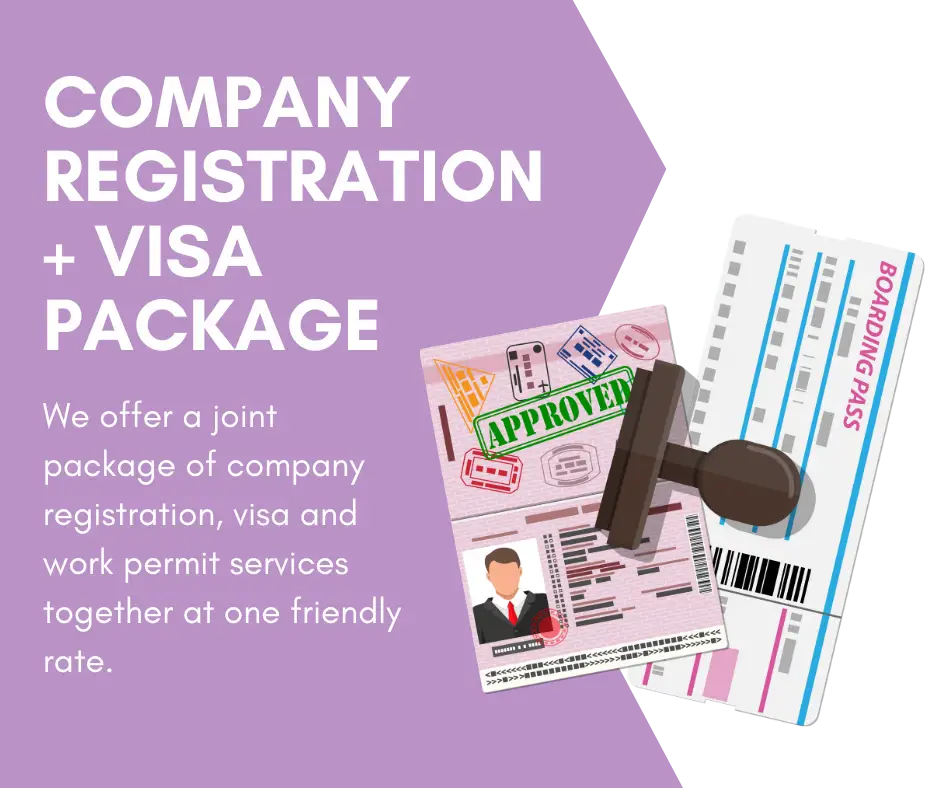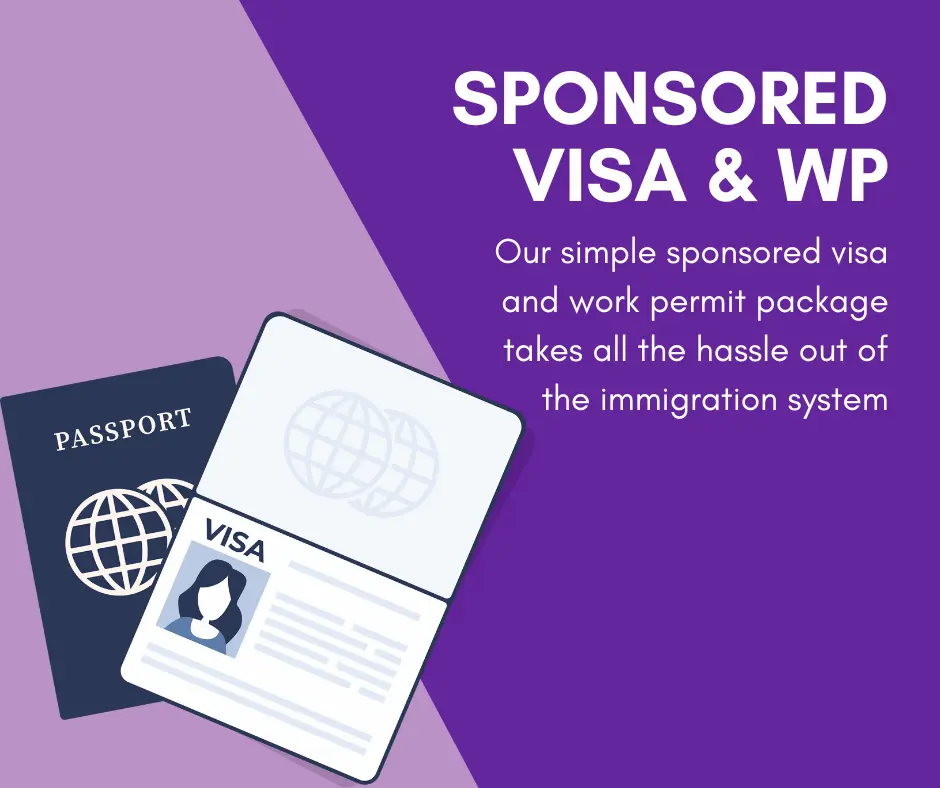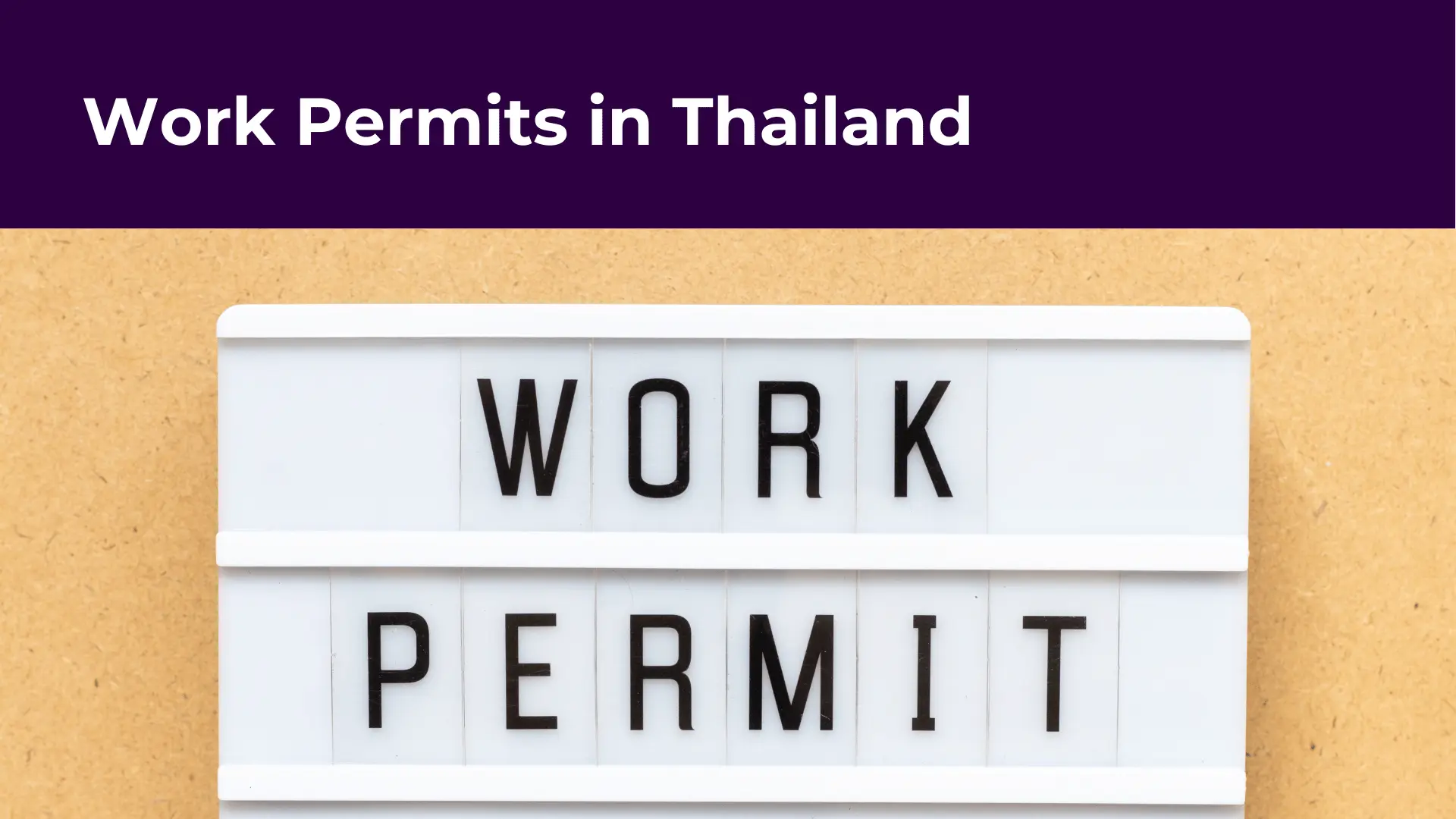
Thai Work Permit
Securing a Thai work permit is a crucial step for any foreign national aiming to work legally in Thailand. A Thai work permit, issued by the Ministry of Labour, allows foreign employees to legally work in the country under the conditions set by Thai law. Not only does this permit authorize employment, but it also defines specific aspects of the role, including the job title, the employer, and the location of work.
Without a valid work permit, foreign nationals are prohibited from working in Thailand, regardless of their visa type. This restriction applies not only to traditional employment but also to volunteer work, internships, and business-related activities. Obtaining a Thai work permit is therefore essential for ensuring legal compliance and avoiding potential penalties.
Most Thai Work Permits are tied to the NON-B Visa
Thai Work Permit Requirements
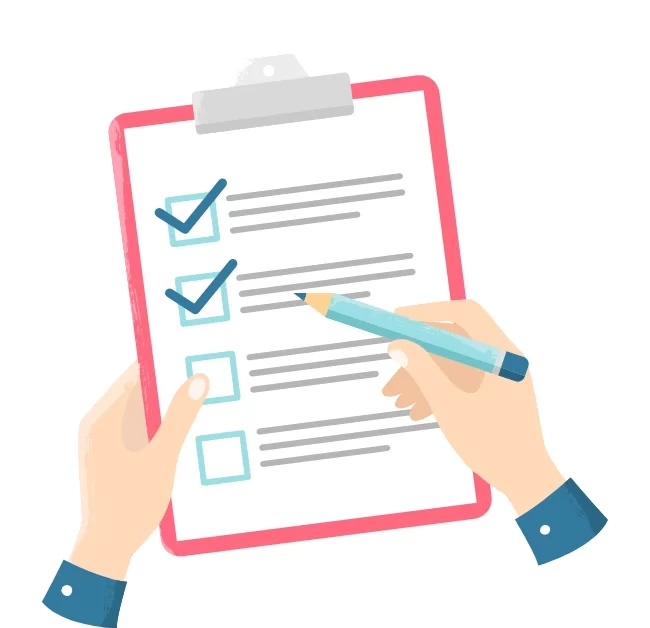
Personal Documentation:
Passport or travel document with validity of not less than 6 months.
Recent passport-sized photograph (4 x 6 cm)
Educational Certificates: Copies of degree certificates, diplomas, or any relevant professional qualifications.
Resume or CV: Detailing previous work experience and skills relevant to the job in Thailand.
Medical Certificate: Health certificate from a Thai hospital or clinic, often requiring tests for certain conditions like tuberculosis.
Proof of Residence in Thailand: This can be a lease agreement, utility bill, or other documentation showing an address in Thailand.
Marriage Certificate (if applicable): For married applicants, a certified copy of the marriage certificate, along with their spouse’s ID or passport copy, if they are Thai nationals.
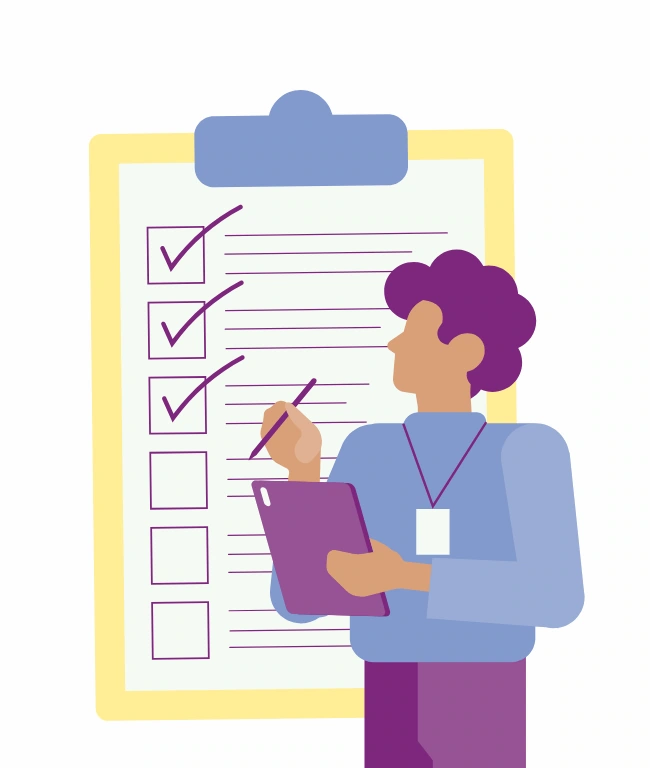
Company Documentation:
Company must have 2million baht registered capital, as well as 4 Thai Employees per Thai work permit (some businesses like schools and BOI institutions have exceptions to this)
Business registration and business licences
List of Company Shareholders
Company Profile and Details of Operations
List of foreign workers stating names, nationalities and positions
Map indicating business locations (Graphical- not google)
Value-added tax registration (Por Por 20)
Balance sheet, statement of Income Tax and Business Tax (Por Ngor Dor 50 and Por Ngor Dor 30 of the latest year)
Social Security Filings and tax receipts for previous 3 months.
Employment Contract: Signed contract specifying job title, role, and salary details in line with the information provided in the application.
Free Consultation
Thai Work Permit Process
- ABefore applying for your work permit you will need to apply for a NON-B Visa from abroad (some can convert in Thailand-contact for details)
- AOnce in Thailand you will have three months to process your work permit and extend you visa. The work permit can be extended at any point during this period
- AAfter receiving your work permit from the Thai Labour department you will then process your Non--B visa extension
- AIt typically takes 7 days to process your work permit but allow a month to process your visa extension.
- AOnce you have your work permit you will want to apply for your Thai Tax number (if this is your first time)
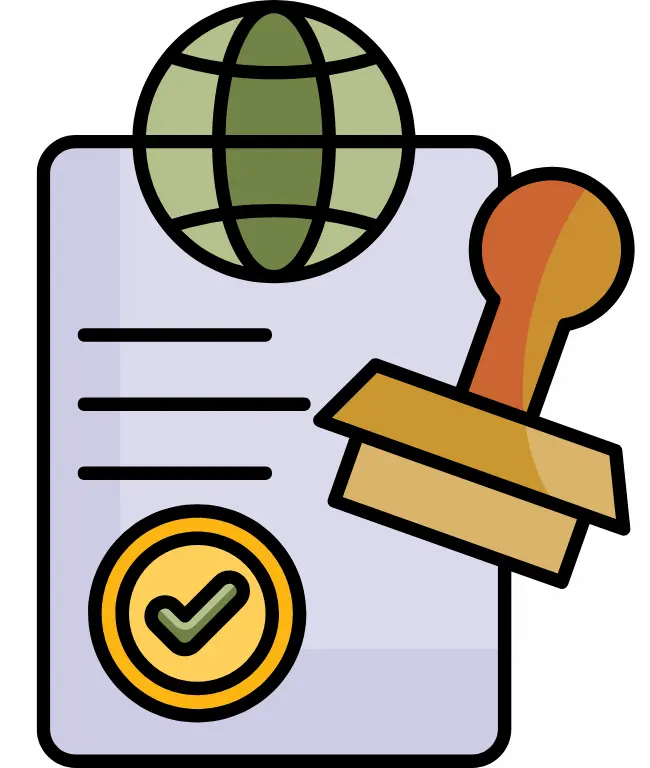
Other things to note
With most work permits the employee will deduct your personal income tax from your salary. You will also have to make social security contributions. You can find out more about social security here and your personal income tax requirements here.
What does Thai Social Security provide?
Injury and sickness benefits:
Outpatient and inpatient
Compensation benefits during sickness
Disability Benefits
Maternity Benefits:
Total 90 days benefit
At least 45 days after giving birth
Death Payouts:
Payouts to family members at death
Support for funeral payments
Retirement Benefits:
Pension benefits or lump sum payouts
Survivor benefits for relatives of deceased
Child Benefits
Child allowances
Educational support
Child healthcare
Unemployment Benefits
Benefits for jobseekers
Support for those out of work
Want to know more about how to receive a Thai Work Permit? Perhaps you need other visa help? Contact us for free consultation.

